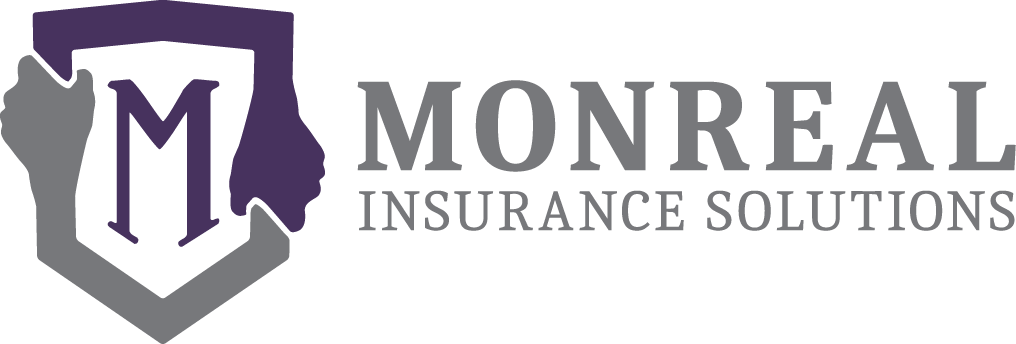
Running a business comes with risks, and business insurance is one of the most effective ways to protect your investment. However, it’s crucial to understand what your business insurance covers and, more importantly, what it doesn’t. Misconceptions about coverage can leave your business vulnerable to unexpected financial losses. This guide will help clarify the common inclusions and exclusions in business insurance policies, along with tips to ensure you have adequate protection.
What Is Typically Covered?
Business insurance offers a wide range of protections designed to safeguard your assets and operations. Here are some common coverages:
1. Property Damage
Business insurance often covers damage to your physical property, including buildings, equipment, and inventory, caused by incidents like fire, theft, or vandalism. For example, if a fire damages your storefront, your policy can help pay for repairs and replacement costs.
2. Liability Protection
Liability coverage protects your business if you’re sued for causing harm to a third party, such as a customer slipping and falling on your premises. It covers legal fees, settlements, and medical costs.
3. Business Interruption
If your operations are halted due to a covered event, such as a fire or natural disaster, business interruption insurance can compensate for lost income and help cover ongoing expenses like rent and employee salaries.
4. Employee Injuries (via Workers’ Compensation)
While not included in standard business insurance, many businesses pair their policies with workers’ compensation to cover medical expenses and lost wages for employees injured on the job.
What Is Not Typically Covered?
Business insurance does not cover every possible risk. Here are some common exclusions:
1. Flood and Earthquake Damage
Standard business insurance usually excludes natural disasters like floods and earthquakes. Separate policies are required to protect against these risks.
2. Normal Wear and Tear
Repairs due to aging or regular use of equipment are not covered. For instance, replacing an old HVAC system would not fall under your policy.
3. Intentional Acts
Damages caused intentionally by you or your employees, such as fraud or vandalism, are not covered.
4. Cyberattacks
Unless you have specific cyber liability insurance, your business is not protected from losses related to data breaches or hacking.
5. Employee Dishonesty
Losses caused by employee theft or fraud typically require additional coverage, such as fidelity bonds.
Why Understanding Coverage Matters
According to industry reports, 43% of small businesses experience claims annually, and 30% of these claims are denied due to policy exclusions. Misinterpreting your coverage can lead to significant financial hardship. For example, a business owner might assume flood damage is included, only to discover the lack of coverage after a major storm.
Tips for Ensuring Comprehensive Protection
- Review Your Policy: Carefully read your policy to understand what is included and excluded. Consult with your insurance provider to clarify any doubts.
- Consider Add-Ons: Evaluate additional coverages such as flood, earthquake, or cyber insurance based on your business’s specific risks.
- Bundle Coverages: A Business Owner’s Policy (BOP) combines property, liability, and business interruption insurance, providing comprehensive protection at a lower cost.
- Regular Updates: As your business grows or changes, update your policy to reflect new risks or assets.
Final Thoughts
Understanding what your business insurance covers and doesn’t is essential to avoid costly surprises. Protecting your business with the right coverage ensures peace of mind and financial stability.
For more info, text or call Monreal Insurance Solutions at (909) 757-1311 or click the link in bio for a quote.
